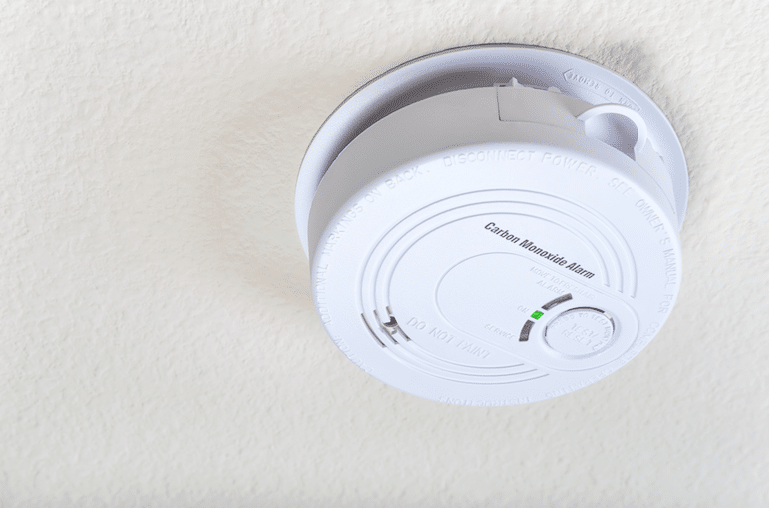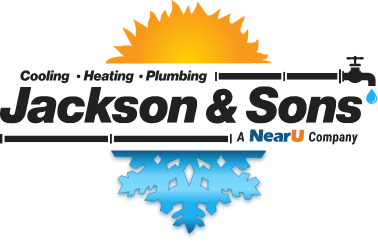
When the weather turns chilly and you start using the gas furnace, carbon monoxide (CO) becomes a threat to your health and well-being. You can lower your risk of exposure by scheduling a maintenance tune up on your furnace so that a certified HVAC technician can make sure your heating system is operating safely. Additionally, you also need to make certain that the carbon monoxide detectors in your home are working properly.
Why Having Reliable Carbon Monoxide Detectors Matters
Carbon monoxide is a lethal gas that’s created as a byproduct of incomplete combustion in fossil fuel-burning equipment like your gas furnace. Breathing in small amounts of CO can cause flu-like symptoms, while exposure to large amounts can quickly cause unconsciousness and death. Because the gas is invisible with no taste or odor, you won’t even know that you’re in danger unless you have working carbon monoxide detectors that sound an alarm.
Advice for Maintaining Your CO Detectors
It’s wise to read up on the manufacturer’s use and care guidelines for your specific device in your owner’s manual. Here are some additional tips on how to ensure you have fully-functional detectors in your home at all times:
- To see if a detector is working, press the “test” button for several seconds until it beeps. If it doesn’t, replace the batteries and try again. If it still doesn’t beep, put the device aside so you can replace it.
- Every six months, replace the batteries in each detector in your home. You’ll find it easier to remember this important task if you do it when you’re making daylight saving time adjustments to all your clocks.
- Buy all new CO detectors every five years, because they start to become less reliable at about that age. Some new models have an alert feature so you won’t have to guess when replacement is necessary.
- If you’re buying hard-wired or plug-in devices, get ones with battery backup that can still sound an alarm during a power outage.
Contact us today at Jackson & Sons for more advice about keeping your Eastern North Carolina home safe with working carbon monoxide detectors and well-maintained heating equipment.
Our goal is to help educate our customers in Eastern North Carolina (including Wayne, Johnston, Greene, Lenoir, Pitt and Duplin Counties) about energy and home comfort issues (specific to HVAC systems).
Credit/Copyright Attribution: “Leena_Robinson/Shutterstock”

